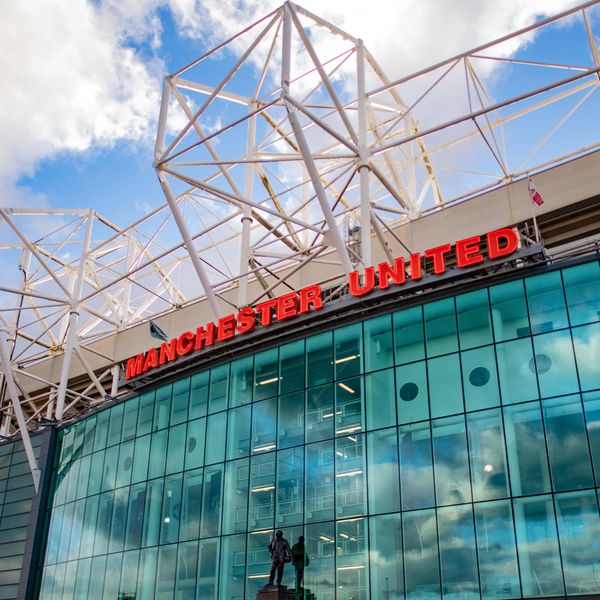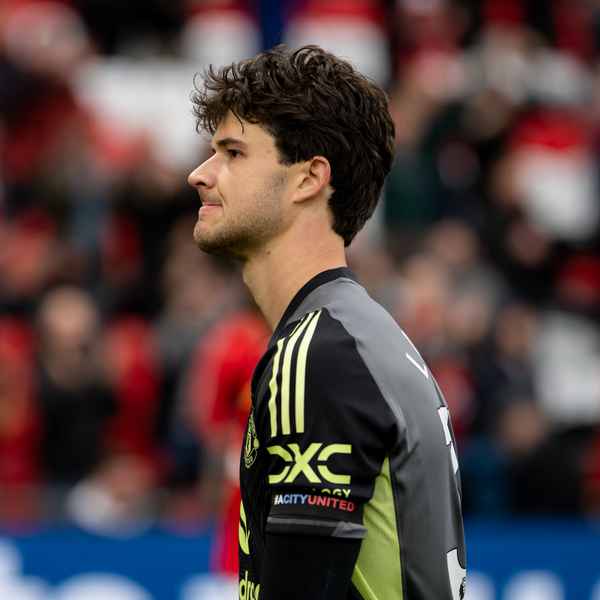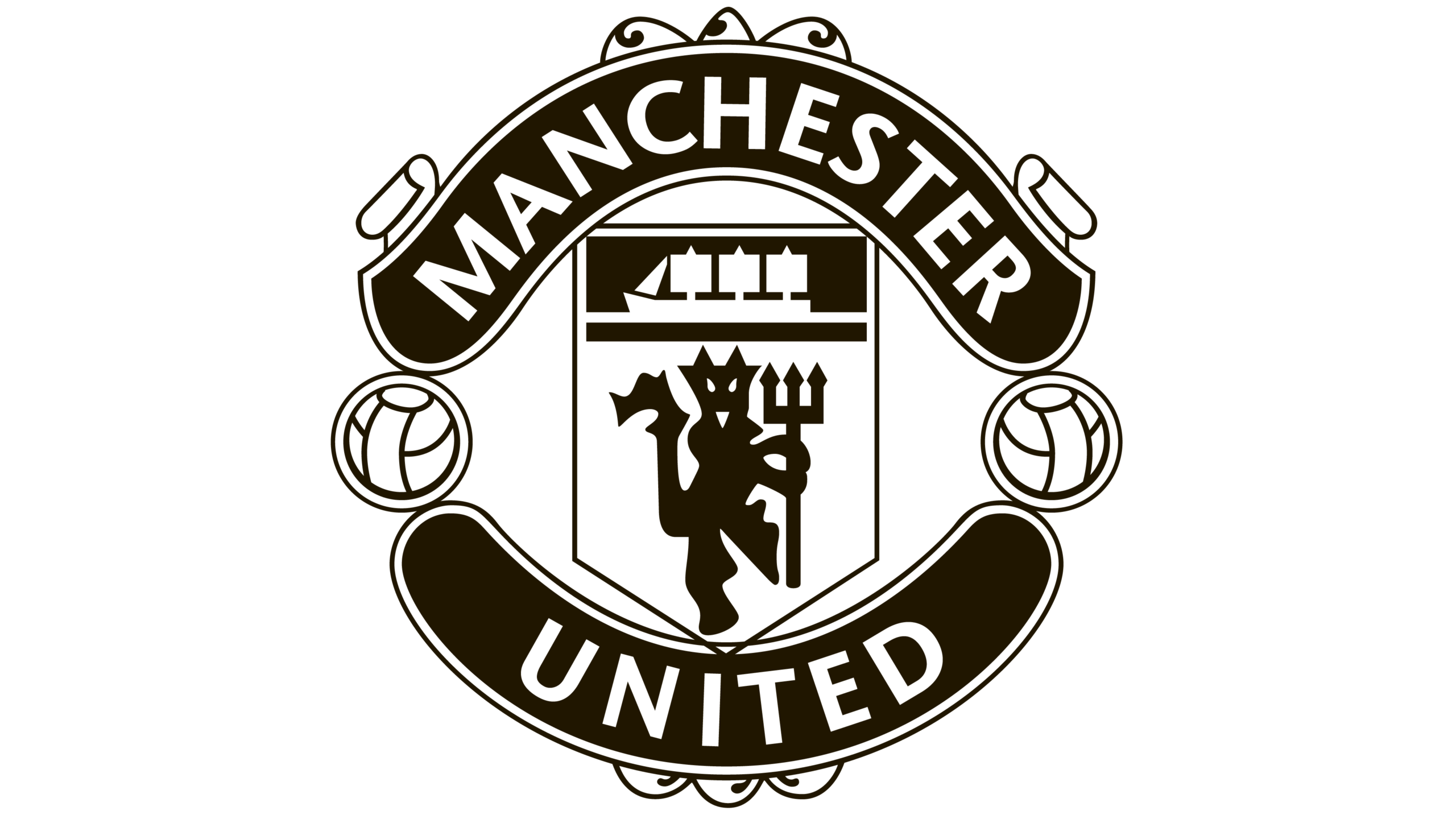Skip to Main NavigationSkip to content

Monday 06 October 2025 09:56
Ahead of September’s Manchester derby, Ruben Amorim was inevitably asked about his goalkeeping situation, following a flurry of activity in the department with the loan departure of Andre Onana and the signing of Belgium’s Senne Lammens from Royal Antwerp.
“We are really pleased,” said our head coach, focusing on his new arrival. “He’s a goalkeeper with a lot of potential. I know that we are in the moment that the goalkeeper needs to be really strong and have a lot of experience, but we are also in the moment that we have to look at the present but with a focus on the future. So it’s a little bit of both. We have an option that can give us different things in the moment but also has a great potential to be our goalkeeper for a lot of years. So that was our choice in the end.”
Lammens arrived at Carrington during the season’s first international break, but it was the Turkish international Altay Bayindir who continued his role as first choice between the posts in September.
The Belgian was given time to acquaint himself with his new club and new team-mates, before making his debut against Sunderland on Saturday, but it hasn’t taken long for Senne to make an impression.
“He’s been really good, looks really sharp – I’ve been really impressed with him and I’m really looking forward to playing with him,” said Luke Shaw, while fellow custodian Tom Heaton expanded: “I didn’t know too much about him before. It’s only been a few days’ training but he seems like a really good lad; calm but a strong personality. His goalkeeping fundamentals are very impressive.”
The best of Senne’s United debut Video
The best of Senne’s United debut
🎞 Player highlights | Senne Lammens impressed the Old Trafford crowd with a confident display against Sunderland…
Those fundamentals were formed largely in the youth system of Club Brugge, where a 13-year-old Lammens watched on as the Belgian side were swept away by United during a 2015/16 Champions League qualifying tie. In the space of just three years, the 16-year-old stopper, already counting Thibaut Courtois and Manuel Neuer as his main influences, had ascended to Brugge’s first-team squad, making headlines in Belgium as part of the travelling party for a group-stage trip to Atletico Madrid.
Unaffected, Senne trained normally in the Wanda Metropolitano, adapting to the situation as seamlessly as he did a year later when featuring for Brugge’s Under-19s in the UEFA Youth League. Trailing Real Madrid 1-2 in the Belgian capital and requiring a draw to reach the competition’s knockout stages, Lammens strode forward for an injury-time corner, bulleted home a brilliant header and sealed his side’s dramatic passage.
Despite his early affinity with the spotlight, playing back-up to veteran Belgian international Simon Mignolet restricted first-team opportunities at Brugge, allowing Lammens to make a surprise free transfer to reigning champions Royal Antwerp in the summer of 2023. Though he made his Champions League bow in a 0-2 defeat to Porto, Senne was primarily utilised in the Croky Cup – Belgium’s domestic knockout competition – and continued to deputise to the more senior Jean Butez in his first campaign at Antwerp before making the breakthrough in the Jupiler Pro League’s end-of-season play-offs, where he started nine of his side’s 10 games.
From there, there was no looking back. Lammens was installed as first choice going into the 2024/25 campaign, at which point, in his own words: “Last season was a little bit of everything coming together, every single piece falling together. It’s what I’ve worked for my entire life, so it’s really nice last season that I could show myself to the outside world.”
Among them from the off were United’s goalkeeping scouts, who watched the then-22-year-old intently throughout last season, becoming further and further impressed as the campaign unfolded. Though Antwerp finished fifth in the final standings, their custodian was far and away atop the individual goalkeeping rankings.
A Belgian league record of four penalty saves in the same season provided one eye-catching stat, but moreover was Senne’s proficiency at the keeper’s base currency: shot-stopping. Lammens set the benchmark among Europe’s top 10 leagues for shots saved, finishing well ahead of then-Brentford stopper Mark Flekken, who made 20 fewer than the Belgian’s impressive 173 saves over the course of the campaign.
Having passed the eye test with United’s scouting network and the number crunching of the club’s data department, Lammens emerged as the Reds’ primary target when it became clear that Onana’s position as starting goalkeeper was up for grabs.
Explaining the Cameroonian’s departure, Amorim stressed: “I think we understood that this needed a change and sometimes it is hard to point out why. Sometimes it is the moment, the bad luck in some moments. It is hard on him, on us. Our thinking is to have a change in the goalkeepers.”
Just as Heaton identified after his fleeting contact with his fellow stopper, a common refrain among those who had worked with Lammens previously centred on his calmness and unflappable approach to his craft – a mindset he feels is simply a core part of his being.
“My parents are also really calm and collected,” he shrugged in his first interview with club media, “but from growing up, when I was in the youth team and I thought about the goalkeeper I wanted to become later in life, I think one of the best attributes you can have as a goalkeeper is staying calm under pressure, in any circumstances, even if you make a mistake. You just move on and try to give your best to the team.
“I think if you want to be a good keeper, you have to be a rock behind the defence. They have to trust you and count on you in difficult moments. That is something I take pride in. Of course, I can improve in this because the next level [joining United] is bigger, but it is one of my attributes that I am proud of and I try to improve.”
As part of Lammens’s dedication to that process, he frequently journals his thoughts and emotions around each fixture in order to give himself a permanent reference point.
“Before and after the game, I just write key words down and my thoughts a little bit,” he explained. “Because, sometimes, if you don’t do that, it can be a lot going through your mind. It helps me with staying calm and staying in the moment a little bit and not overreacting in situations.
“[I write] key words, trigger points. Maybe you are playing a team who puts a lot of pressure on and then you know you don’t have to think a lot during the games, mentally you are already ready, already prepared for the game and what it’s going to be like. So, when the game comes, you are not going to be so surprised by it. I think that is important.”
In an age when modern goalkeeping has strayed towards how much they can add to the collective outfield output, United’s requirements of the starting goalkeeper are more of a throwback to a time of all-rounders, a time before the 12-year reign of David De Gea, who specialised as one of history’s greatest shot-stoppers.
For Alex Stepney, the second-most experienced ’keeper in club history – his 539 games landing fractionally behind De Gea’s 545 – the demand of Lammens is a return to the basics of the job.
“Senne, like all youngsters in his position, needs to show he has the courage to be his own man,” said the European Cup-winning stopper. “So many these days don’t grasp that the 18-yard box – especially the area from the six-yard line to the penalty spot – is theirs to command, no messing. If they do that they will get the instant respect of team-mates and opponents.
“David De Gea took over in 2011 and remember, he was young too but, after a difficult start showed that singular quality the top boys have. Playing for United is a tough, demanding job and one only a few are really cut out for. The best way for Senne to prove it is to want the ball, not to shy away from responsibility; when it comes to the box, he’s the boss.”
Fortunately for Stepney and anyone of a United persuasion, Lammens regards himself as capable of meeting those demands.
“I’m quite all-round, I take pride in that,” explained the Belgian. “Of course, you have working points that you can improve at everything. I like to play from the back also with the team, at my feet. I like to help the team with controlling the space behind the defence, helping my defenders. And, of course, if you want to be a top goalkeeper at this level, you have to be a good shot-stopper, so I think I’m an all-round [goalkeeper]. I can improve also and I’m already eager to start training and improving so that I can take the next step.”
Recommended:

Monday 06 October 2025 09:56
Back to Top






